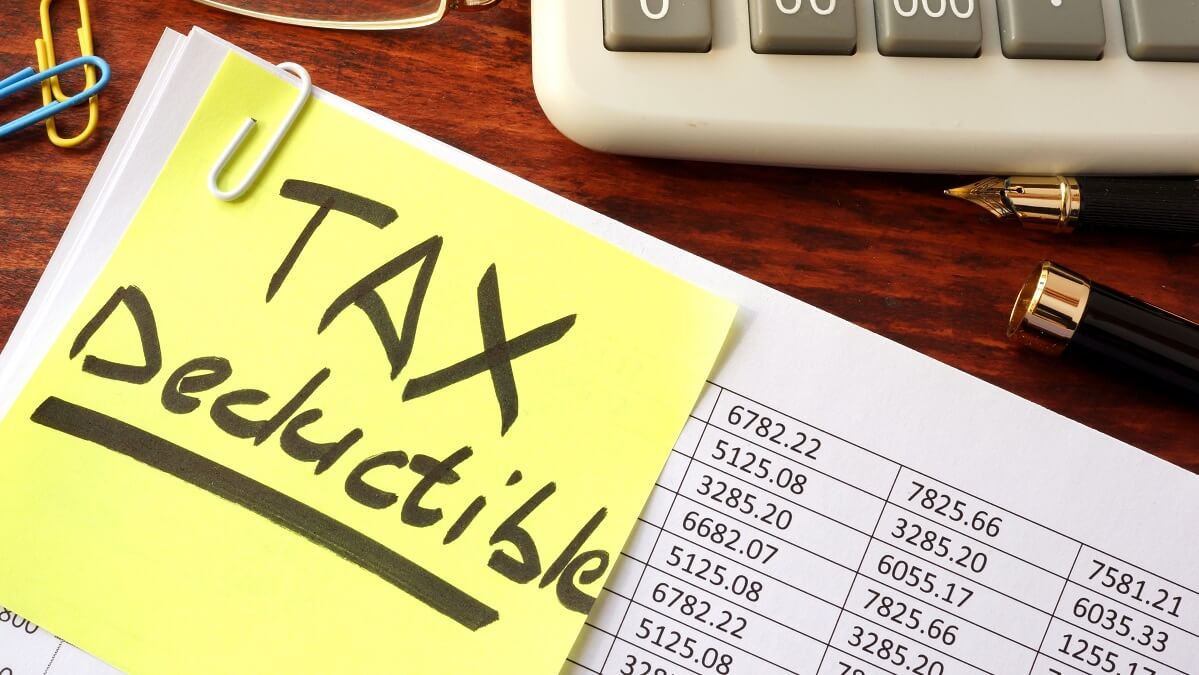The Australian Taxation Office (ATO) is under fire after some individuals were refused tax deductions for superannuation contributions – even though they were entitled to claim.
An administrative glitch at the ATO has led to some Aussies being unfairly denied the right to claim tax deductions for personal contributions to their super this financial year, SMS Magazine reports.
The ATO is challenging the ability of some self-managed super fund (SMSF) members to claim a tax deduction for personal contributions, but the issue is an “operational error”, according to reports.
The issue pertains to confusion around exactly what forms need to be filled out in order for members to lodge their claim for these contributions.
Under current rules, most super fund members must lodge a ‘notice of intent to claim or vary a deduction for personal contributions’ form (NAT 71121) with their fund’s trustees before they are able to claim the deductions from the ATO.
It must be lodged either before the member submits his or her income tax form for the fiscal year in which the contribution was made, or before the last day of the subsequent income year, whichever comes first.
An acknowledgement of receipt must then be communicated from the fund trustees to the member involved.
The rules are a little different for SMSFs however, with no requirement for SMSF members to notify any trustees of the claim.
The issue has arisen because it appears the rules for APRA-regulated funds are being applied to SMSF claims erroneously.
The ATO’s automated system is rejecting the contribution claims on the basis that the notification was not submitted on time, despite that being not necessary.
Craig Day, head of technical services at Colonial First State, told attendees at a conference the rejections were wrong and needed to be rectified.
“From an SMSF perspective, there is no requirement to report to the ATO that [the fund] has issued a notice of intention acknowledgement to the member,” he said.
“[But] what’s happening at the moment is the ATO is actually challenging [these types of] deductions [with regard to SMSFs] because it is not seeing a notice of intention being reported.
“There is no requirement for SMSFs to report [the acknowledgement to the regulator], but the ATO can’t see the fund is an SMSF.
“So it’s actually challenging [them saying:] ‘Hang on, there’s no notice of intention reported for you [the SMSF member] so therefore you haven’t received an acknowledgement so therefore your contribution is not deductible.”
If you receive a rejection of your SMSF contribution claim for not properly informing the ATO, you can begin a dispute with the tax office to challenge the ruling.
If you’re unhappy with the ATO’s decision, the matter can be escalated for external review by the Administrative Appeals Tribunal (AAT) or the Federal Court.
Do you have an SMSF? Are you intending to claim tax deductions for your personal contributions? Let us know in the comments section below.
Also read: myTax is free, so why do Australians still pay to lodge a tax return?


SMSF try to avoid rules every member will be claiming 27500 without even contributing what a farce
SMSFs are still required to provide a notice of intent to claim a deduction to the trustees of the fund under sec 290-170 ITAA 97 and the trustees are required to acknowledge this without delay.
The ATO should be able to determine whether a fund is a SMSF given the Super Fund Lookup on the ABR specifies what type of fund it is – it would say that it is an ATO Regulated Self Managed Superannuation Fund